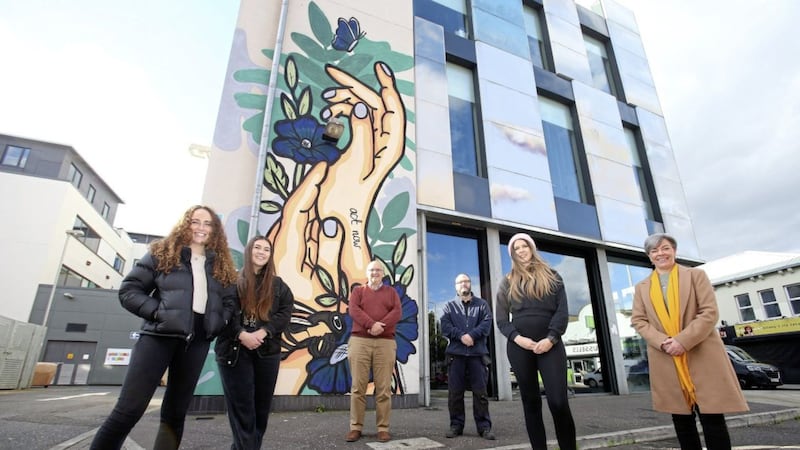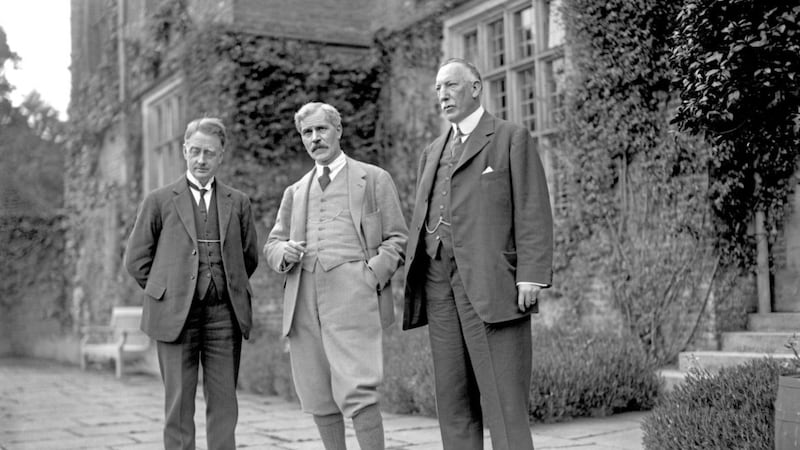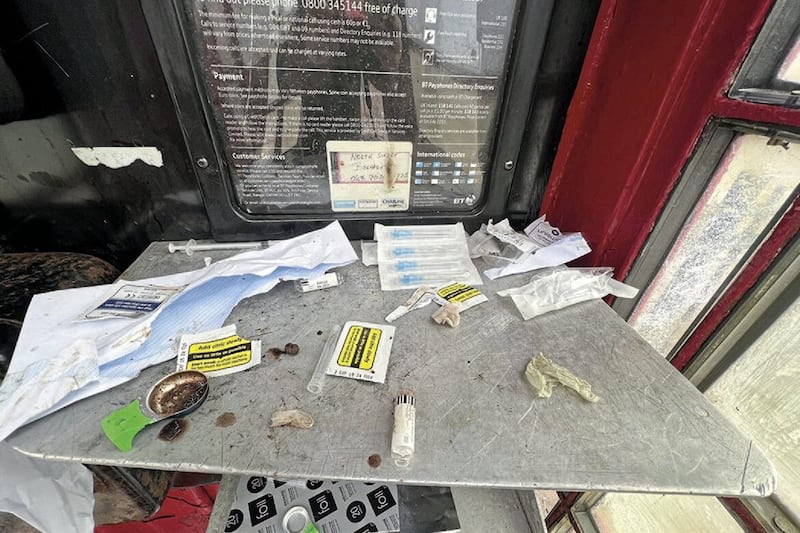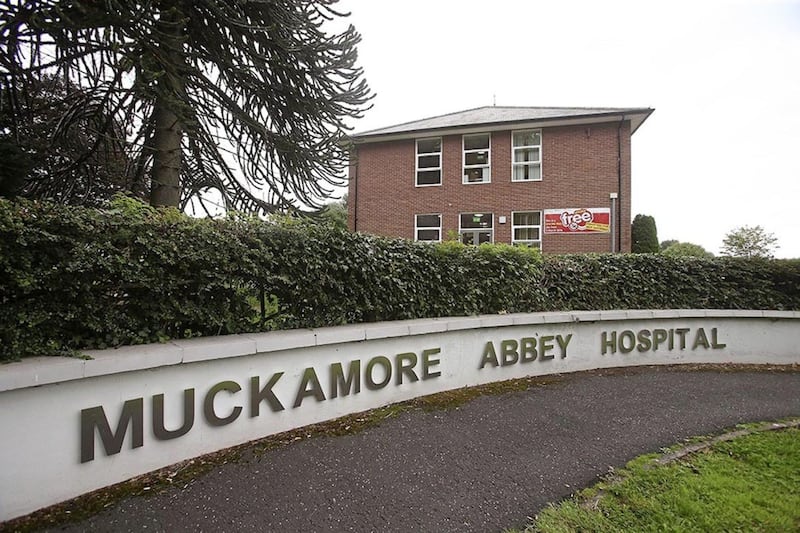What makes a great leader? When the American writer and academic Brené Brown carried out a study into the future of leadership, she was surprised by the consistency of the answers which came back.
“We need braver leaders” was a frequent refrain.
When she analysed what “braver” meant she identified four skills: not leaving when things get difficult; having values and acting in accordance with them; building trust, and having the ability to reset after failures, setbacks and disappointments.
We will all have to be braver.
The UN scientific report into climate change, published in August, left no doubt that human beings are "unequivocally" to blame for global warming.
Some changes, including rising sea-levels, cannot be reversed.
António Guterres, secretary general of the UN, has warned that “we are on a catastrophic path".
“We can either save our world or condemn humanity to a hellish future,” he said.
This year, rain fell on the peak of the Greenland ice cap for first time on record; wildfires have ripped through countries from China and Greece to the US; flash floods devastated the UK, Austria, Belgium, Croatia, Germany, Italy, Luxembourg, the Netherlands, and Switzerland, killing hundreds of people. Floods also devastated Turkey, China, India, Afghanistan, Pakistan, the United States, and New Zealand.
Closer to home, wildfires in the Mournes in spring had a devastating effect on the area.
If we act now to drastically reduce greenhouse gas emissions, global temperatures could stabilise.
The inconvenient truth is that global leaders are simply not being brave and acting fast enough.
So far, countries have failed to live up to the agreement reached at the landmark Paris climate summit in 2015.
Although the response to the Covid pandemic has shown that wealthy countries can easily react quickly when faced with an imminent threat to human life, few seem truly willing to do so.
Later this month, leaders will gather in Glasgow for Cop26, the UN’s climate change summit.
Despite being billed as a “make or break” summit for the planet, the signs are far from promising.
US climate envoy John Kerry has already warned the meeting is likely to end without an agreement to cut carbon emissions by the level needed to avoid devastating climate change.
Seemingly, the best that we can hope for is that some kind of deal is reached at a later date.
It’s hugely frustrating that world leaders have so far failed to adhere to the legally-binding Paris Agreement, which aimed to limit global warming to well below two degrees Celsius, preferably to 1.5 degrees, compared to pre-industrial levels.
What is more embarrassing is that the assembly cannot even agree one climate bill of its own.
Having two climate bills is nonsensical and a waste of valuable assembly time, given the continued fragility of power-sharing.
Green Party leader Clare Bailey’s private member’s bill lays out how we can reach net zero by 2045. And, more importantly, establishes a legal framework.
Sinn Féin, Alliance, the SDLP, the Ulster Unionists and several independents all back Ms Bailey’s bill.
The other bill, tabled by environment minister, the DUP's Edwin Poots, and backed by TUV leader Jim Allister, aims to do as little as possible.
This can’t be a DUP and TUV versus everyone else issue.
The bill the assembly chooses will reflect its attitude to the single biggest crisis humanity faces.
António Guterres didn’t say “ah sure, we’re grand for now”. He said we are looking at a global catastrophe.
For those citizens who saw their homes and businesses destroyed by floods and wildfires, that catastrophe has already happened.
There is much which urgently needs to be done. Decent cycling infrastructure in the north, better public transport so rural communities are not so dependent on cars, proper investment into renewable heating technologies and improving house insulation, particularly for social housing tenants, would be a start.
All of these changes can only happen with brave leaders - people who stick at it when things get difficult. But bravery means stepping away from party politics and the kind of short-term thinking which always has one eye on the next election.
As the proverb goes: “It is in the shelter of each other that the people live.”
A weak climate bill which refuses to address the scale of the climate challenge would be a shameful legacy. And if we don’t act now, we won’t have any legacy at all.








